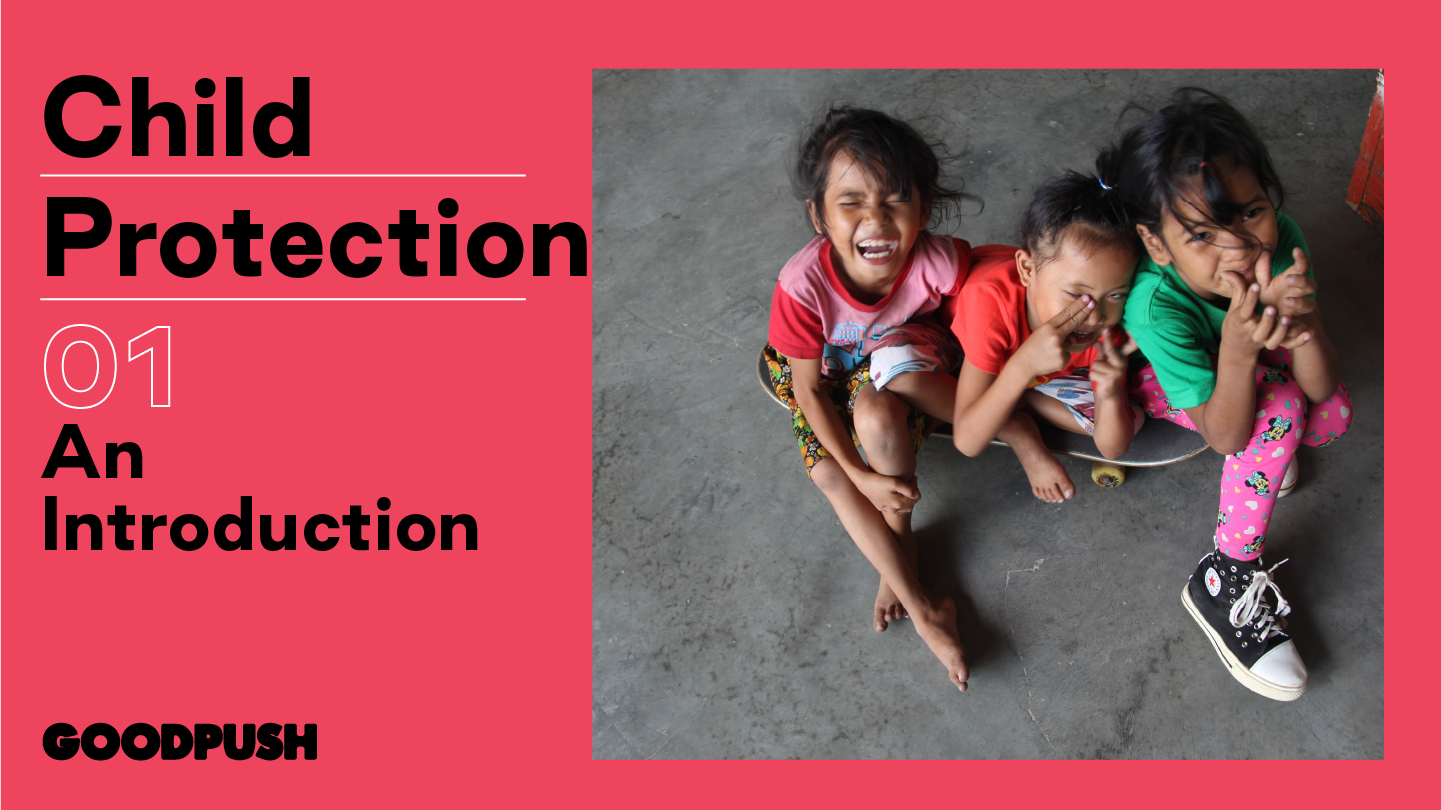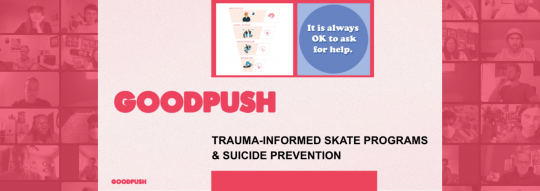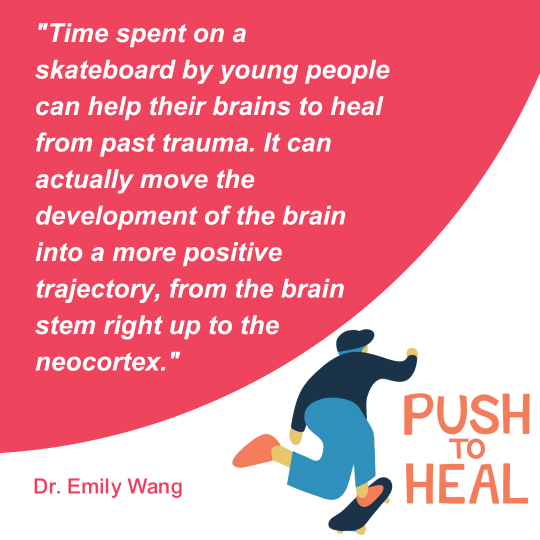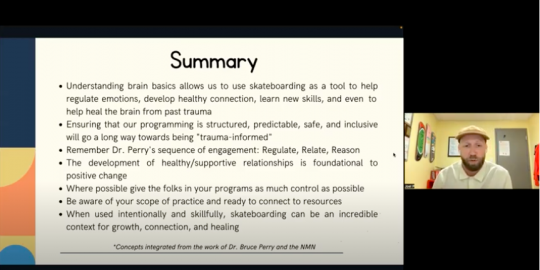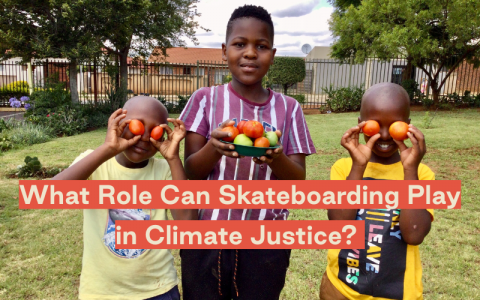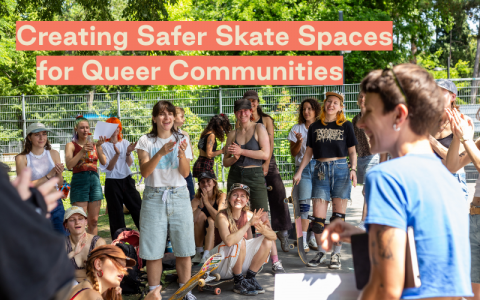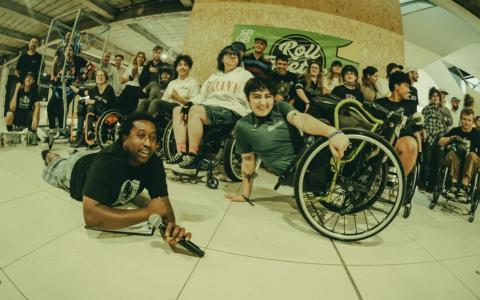This July and August we hosted our first series of cohort webinars specifically designed to improve best practices for delivering skateboarding and youth programs globally. Our first two webinars were held on the topics of Trauma-Informed Skateboarding Programs & Suicide Prevention.
The purpose of the Goodpush E-Learning Cohort is to bring people together from social skateboarding projects based all around the world – so that we can learn from each other and keep up an active conversation surrounding important topics.
Those who joined the E-Learning Cohort had the opportunity to work through a selection of our Goodpush e-courses together, share experiences with peers, give feedback on the content, and ask questions relating to the context they work in.
Joined by very special guest speakers Maria Malouf and Joel Pippus (Hull Services & Push to Heal) and Susie Crome (The Ben Raemers Foundation), we discussed the ways in which skateboarding can help the brain to heal from trauma and how we – the skateboarding community worldwide – can foster a proactive approach to mental health and wellbeing.
Maria and Joel’s research into the neurosequential model shows how the various sensory aspects of skateboarding in a social environment can satisfy all four domains of the brain. As skateboard coaches and youth workers we can learn so much from this, in order to create suitable learning environments which will help the young people we work with to regulate their emotions and learn new skills.
Informed by Marie and Joel’s pioneering work, our Goodpush e-course on Trauma-Informed Skateboarding Programs provides an overview of the basics of building a skateboarding program and how to create safe, supportive and inclusive spaces — all with a focus on trauma-informed good practices. 100% of the people who attended these webinars said they feel more confident and capable of running trauma-informed programs after completing our e-course! Equally, 100% said they had learnt something new about how to create safe and supportive learning environments after completing our Child Protection e-course.
In the second webinar, with Susie Crome from The Ben Raemers Foundation, the discussion centered around addressing toxic masculinity and ways that we can all work towards positive approaches to improving mental health, regardless of gender. With input from the learning cohort, we have put together a collective resource list with various books, podcasts and videos to help understand and break down the nuances of toxic masculinity and how it plays out at all levels in society.
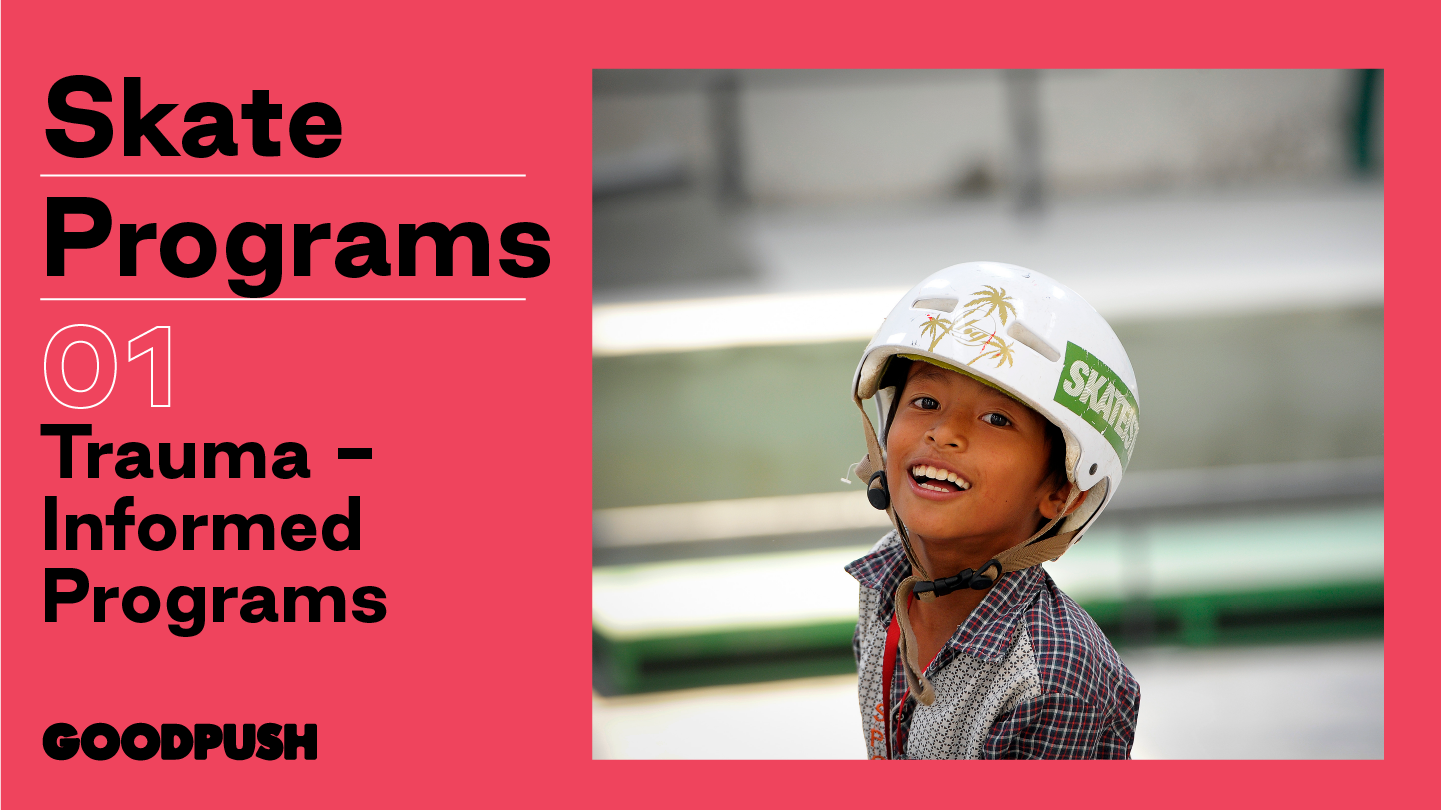
The importance of role models was discussed within the context of trying to tackle bullying and intolerance between participants and as a way to engage the wider community, especially when programs are being disrupted by outside interference and violence. Practicing empathy and the willingness to meet opposition with understanding and compassion is something we should all check ourselves on regularly. If we can extend our caring reach to those left out even from the inclusive programs then we will begin to see real and purposeful change in our communities. This may take extra time and effort but that is the nature of inequity — we have to work to edge the scales back in the direction of balance.
Let's keep these important conversations going and work to improve best practices together! You can pre-register for our next series of cohort learning webinars, which will most likely be focused on measuring impact (monitoring, evaluation and learning) for social skate projects.
In the meantime, you can check out all of our free e-courses by clicking here. Happy learning!
